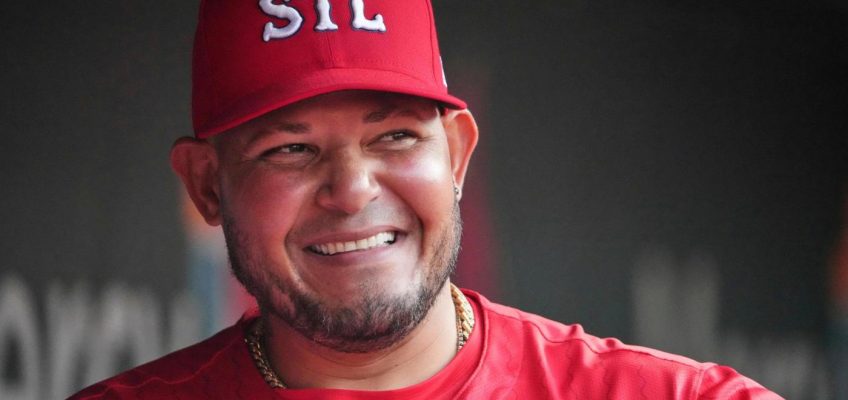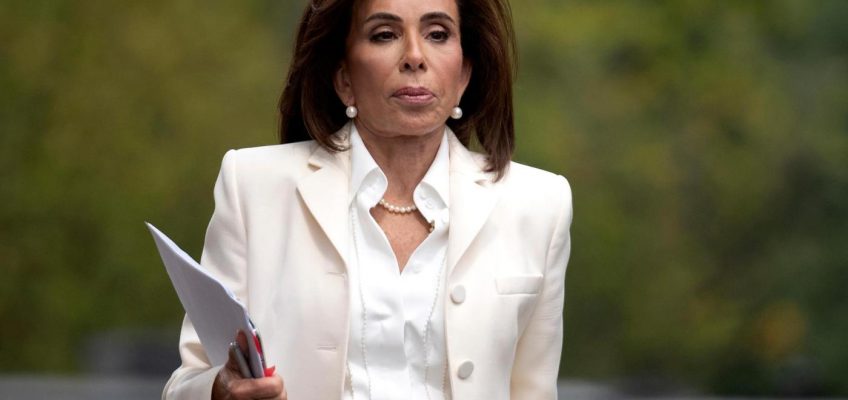The headlines wrote themselves last week after the Vikings acquired veteran receiver Adam Thielen in a trade with the Carolina Panthers. The kid from Detroit Lakes, Minn. was coming home to finish his career. You couldn’t write a better ending.
As excited as Thielen still seemed to be this week while chatting with reporters at TCO Performance Center, he made it clear that his main focus is making sure he’s ready to contribute when the Vikings play the Chicago Bears on Monday night at Soldier Field.
The biggest reason Minnesota made the move for Thielen was because they believed he could still make an impact on offense. That isn’t lost on him. He knows he has to be more than a feel-good story for the Vikings.
That’s why Thielen immediately got to work after the trade was finalized.
“Just being in the offense before helps a little bit,” Thielen said. “To be able to come in and be like, ‘OK, I remember some of this stuff.’”
Not all of it. The familiarity with the offense that Thielen has, having played for head coach Kevin O’Connell a few seasons ago, only goes so far. He’s spent countless hours with his head in the playbook this week trying to get caught up with all the changes.
“Those reps in the huddle are also huge,” Thielen said. “Just to get used to hearing the play call, getting lined up, then having the ball snapped.”
It probably shouldn’t come as a surprise that Thielen has already endeared himself to his teammates. He’s long prided himself on bringing joy to the locker room. It’s been that way ever since he came to the Vikings as an undrafted free agent out of Minnesota State-Mankato.
“That’s kind of always been my personality,” Thielen said. “That’s who I’m going to continue to be.”
Whether it’s young quarterback J.J. McCarthy, superstar receiver Justin Jefferson, or veteran tight end T.J. Hockenson, they all heaped praise on Thielen for the good vibes he’s brought to the table.
“Just adding that to our team is invaluable,” McCarthy said. “It does a lot for us.”
Though he got to catch some passes from McCarthy this summer, Thielen knows it’s completely different preparing for an actual game
Since arriving back in the Twin Cities, Thielen made it a point to spend as much time around McCarthy as possible. That’s helped them develop some chemistry in short order, on and off the field.
“He’s another guy who’s fun to be around,” Thielen said.”It’s been good to see his personality show up this week.”
There’s a good chance that Thielen will immediately step into a big role on offense. If that’s indeed the case, Jefferson has no doubt that Thielen will be able to make a difference.
“It’s like it was meant to be,” Jefferson said. “It’s definitely great to have him back.”
Those sentiments are shared by Thielen.
“I’m like a kid in a candy shop,” Thielen said. “This is what I love to do.”
The fact that Thielen gets to do what he loves back at home makes it that much sweeter.
Briefly
There were some notable improvements on the estimated injury report the Vikings released on Friday afternoon. The most intriguing nugget was the fact that left tackle Christian Darrisaw (knee) was listed as a full participant while safety Harrison Smith (illness) was listed as a limited participant. It’s worth keeping an eye on both players when the official injury report is released on Saturday afternoon.
Related Articles
Vikings at Bears: What to know ahead of Week 1 matchup
How a young J.J. McCarthy left a legacy in his hometown
Gophers football thankful for Vikings’ willingness to open doors, talk ball
The Loop NFL Picks: Week 1
The legend of Vikings rookie left guard Donovan Jackson




